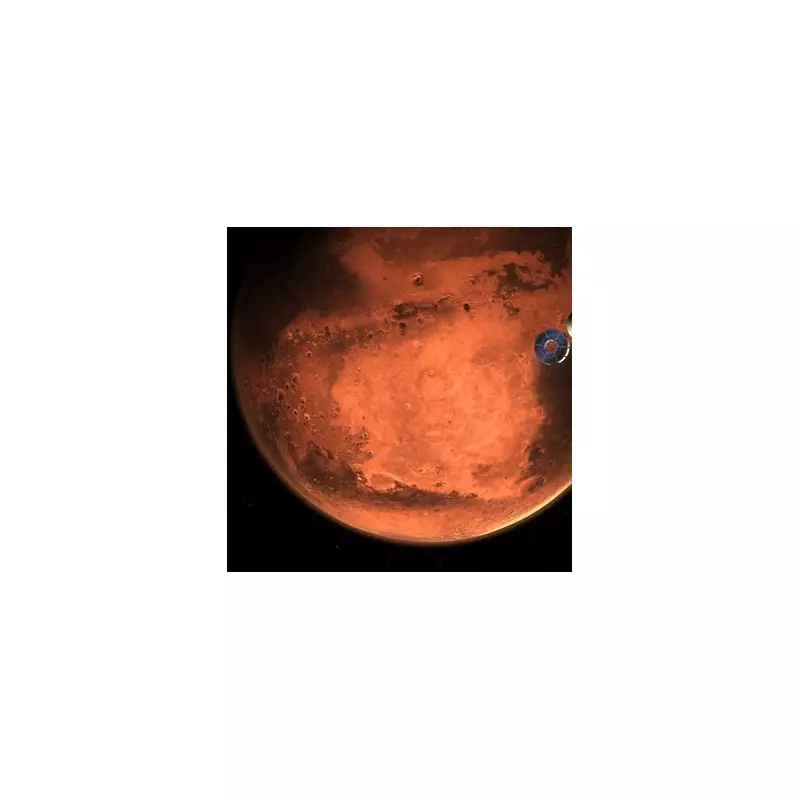
In a revelation that rewrites the history of our celestial neighbour, NASA scientists have unearthed stunning evidence confirming that vast river systems coursed across the Martian landscape for far longer than anyone previously believed—potentially for billions of years.
The groundbreaking research, spearheaded by a team from the California Institute of Technology (Caltech), analysed data from the Perseverance rover currently exploring the Jezero Crater. The findings suggest that Mars was not just briefly wet but hosted a complex, long-lived hydrological cycle capable of sustaining life.
A Window into a Watery Past
The key to this discovery lies in the intricate layers of sediment within the crater's western fan. By studying the curvature of ancient sedimentary deposits, the team could decipher the history of the water that once flowed there.
"The most surprising thing that’s come out of this research is the timescale," stated lead scientist Professor Woodward Fischer. The evidence points to these rivers being active for over 100,000 years—a significant duration that moves beyond fleeting moments of wetness to a stable, potentially habitable environment.
What This Means for the Search for Life
This extended timeline is the crucial element that boosts the prospect of ancient life on Mars. Water is a fundamental ingredient for life as we know it, and its prolonged presence means life would have had ample opportunity to emerge and evolve.
The Perseverance rover is now perfectly positioned in the very delta where these ancient rivers deposited their sediments. Its mission is to collect rock and soil samples rich with the chemical fingerprints of these bygone waterways, which a future mission will eventually return to Earth for analysis.
This isn't just about finding water; it's about piecing together the entire climatic history of Mars to understand how a once Earth-like world transformed into the arid desert we see today.





